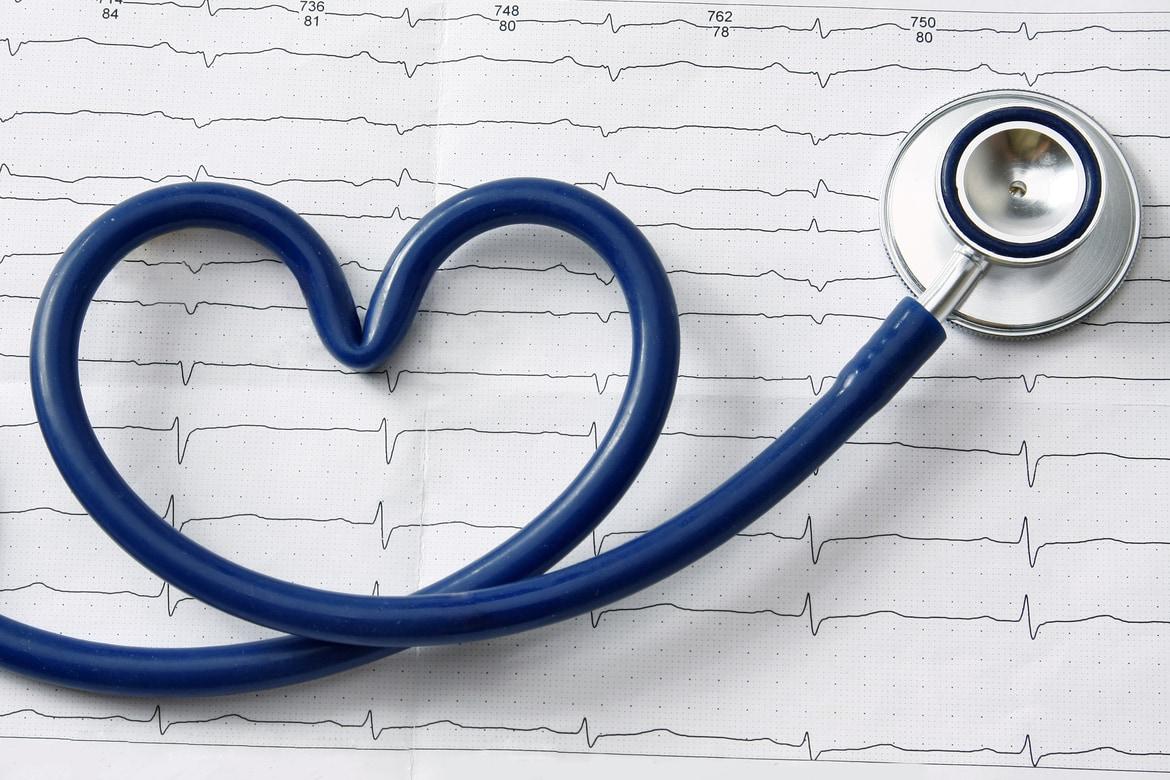What is a CT scan?
A CT scan is a diagnostic imaging test that uses X-rays and digital imaging to produce cross-sectional visuals of your body structure.
How it works
A CT scan uses a large rotating X-ray machine to take images of your body from different angles. These images are combined into cross-sectional images of bones, blood vessels and soft tissues using computer software.
Why do you need a CT scan?
A CT scan is a painless and non-invasive imaging test that produces more detailed information than normal X-rays. It allows doctors to view images of body tissues, including lungs, bones, soft tissues and blood vessels at the same time, to make an accurate diagnosis.
Your doctor may recommend a CT scan to:
- Locate the blockage or bleed in your brain if you suffered a stroke.
- Plan and prepare you for surgeries such as awake craniotomy or deep brain stimulation surgery.
- Identify both normal and abnormal structures to guide radiotherapy, needle biopsies and other minimally non-invasive operations.
Who should not undergo a CT scan?
If you are pregnant, discuss with your doctor to decide if you are suitable for a CT scan.
What are the risks and complications of a CT scan?
A CT scan is a simple and safe test. It carries a low risk of:
- Exposure to radiation. The radiation dose from a CT scan is small and varies with the type of examination. It has not been shown to cause long-term harm.
- Harm to unborn babies. Although the radiation from a CT scan is low, your doctor may recommend alternative tests to avoid exposing your baby to radiation.
- Reactions to the contrast agent. The risk of severe allergic reactions to contrast material is rare, about 1 in 10,000. The risk of leakage of contrast material to surrounding tissues is 0.1%.
How do you prepare for a CT scan?
To prepare for your CT scan:
- Avoid eating for 4 hours if you need to inject a contrast media to highlight blood vessels and tissues in the scan.
- Inform the staff if you have any allergies or are taking any medication.
What can you expect in a CT scan?
A CT scan is a non-invasive test similar to taking an X-ray. You may need to take a contrast material to highlight your blood vessels and tissues.
Estimated duration
Depending on the parts to be examined, the total time from preparation to completion is about 15 – 90 minutes.
Before the procedure
You may be asked to change into a gown and remove metallic objects (such as jewellery, dentures, glasses) from your body.
If you need to take a contrast material, your doctor may administer it through the following ways:
- Mouth for a CT scan on your abdomen. You may need to wait a while for the contrast material to reach your bowels.
- Enema for a CT scan on your lower bowels.
- Intravenous injection for a CT scan on other body parts. The team will set up the intravenous injection line to perform the injection just before the scan.
During the procedure
You will be asked to lie very still on your back on a padded table. The table will move in and out of a movable tunnel that contains the X-ray scanner. The radiographer may ask you to hold your breath at times to improve the clarity of the images.
Care and recovery after a CT scan
You can resume normal activities after the procedure.
If you were given the contrast material intravenously, drink lots of fluid after the CT scan to help your kidneys flush it out of your body.








